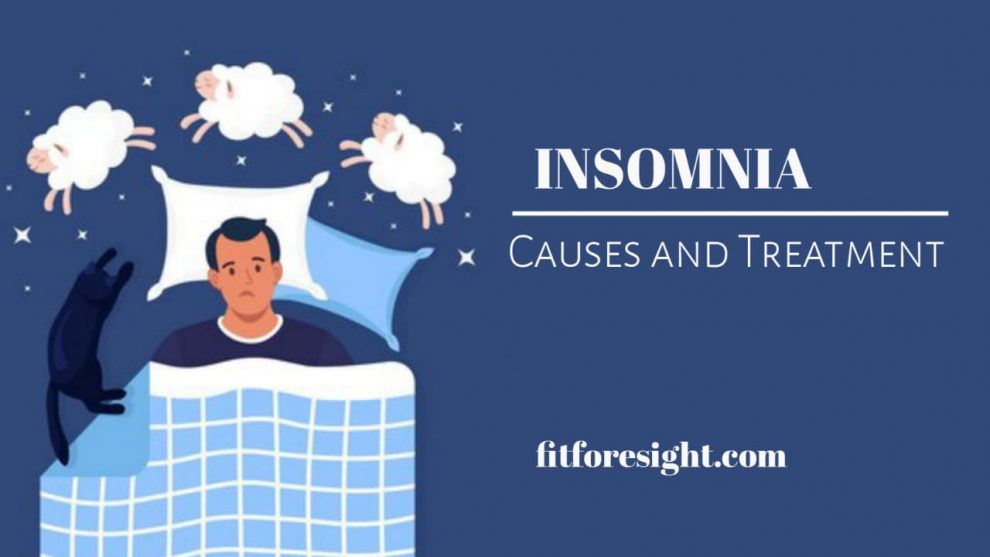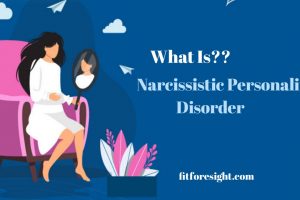Understanding, Treatment, and Relief
In a fast-paced world where stress and anxiety are commonplace, the prevalence of insomnia has surged. Insomnia is a sleep disorder that can disrupt your life, affecting not only your energy levels but also your overall well-being. In this article, we will delve into the world of insomnia, its causes, symptoms, and most importantly, how to treat it effectively.
Understanding Insomnia
Insomnia is defined as a persistent difficulty falling asleep, staying asleep, or experiencing non-restorative sleep despite having the opportunity to sleep. This condition can be acute or chronic, with varying degrees of severity. It can affect people of all ages and backgrounds, making it a widespread issue.
Causes of Insomnia
Insomnia has various triggers, which can be categorized into three main groups:
- Psychological Causes: Stress, anxiety, depression, and other mental health issues can keep your mind racing at night, making it challenging to fall asleep.
- Lifestyle Factors: Poor sleep habits, irregular sleep schedules, excessive caffeine or alcohol consumption, and overeating close to bedtime can all contribute to insomnia.
- Medical Conditions: Certain health problems such as chronic pain, asthma, and acid reflux can disrupt your sleep. Additionally, medications used to treat various conditions can sometimes have insomnia as a side effect.
Symptoms of Insomnia
Identifying insomnia is crucial for effective treatment. Common symptoms include:
- Difficulty falling asleep
- Frequent awakenings during the night
- Waking up too early and being unable to fall back asleep
- Non-restorative sleep
- Daytime fatigue and irritability
- Impaired concentration and memory
Treating Insomnia
The good news is that insomnia is treatable. While there’s no one-size-fits-all solution, various approaches can help you regain a healthy sleep pattern. Here are some effective treatments:
- Sleep Hygiene:
- Maintain a regular sleep schedule by going to bed and waking up at the same time every day.
- Create a comfortable sleep environment, which includes a cool, dark, and quiet room.
- Avoid stimulating activities close to bedtime, such as using electronic devices or consuming caffeine.
- Cognitive Behavioral Therapy for Insomnia (CBT-I):
CBT-I is a structured program designed to help individuals overcome insomnia by changing their sleep habits and thought patterns. It focuses on addressing the root causes of insomnia and replacing them with healthier sleep practices.
- Medications:
In some cases, your healthcare provider may prescribe medications as a short-term solution. These are typically used when other treatments haven’t been effective. It’s essential to use sleep medications under professional guidance to avoid dependence and side effects.
- Lifestyle Changes:
Engaging in relaxation techniques, such as meditation, deep breathing, or progressive muscle relaxation, can help manage stress and anxiety, improving sleep quality.
Conclusion
Insomnia is a common sleep disorder that can significantly impact your quality of life. Understanding the causes and symptoms is the first step to conquering this condition. Remember that the most effective approach to treating insomnia often involves a combination of strategies, including sleep hygiene, CBT-I, and lifestyle changes. By implementing these methods, you can once again experience the restful and rejuvenating sleep you deserve.

























Add Comment